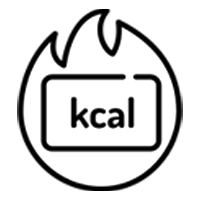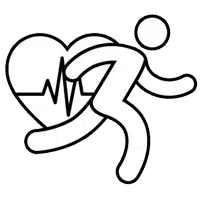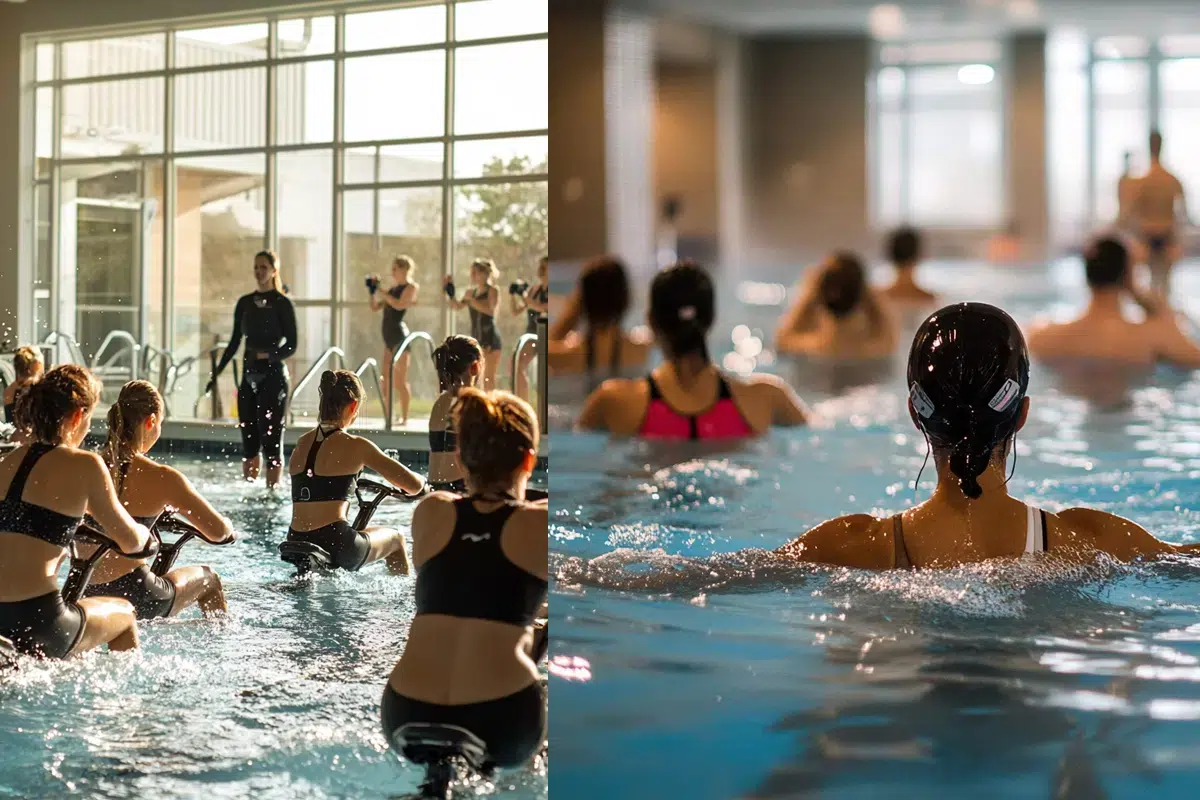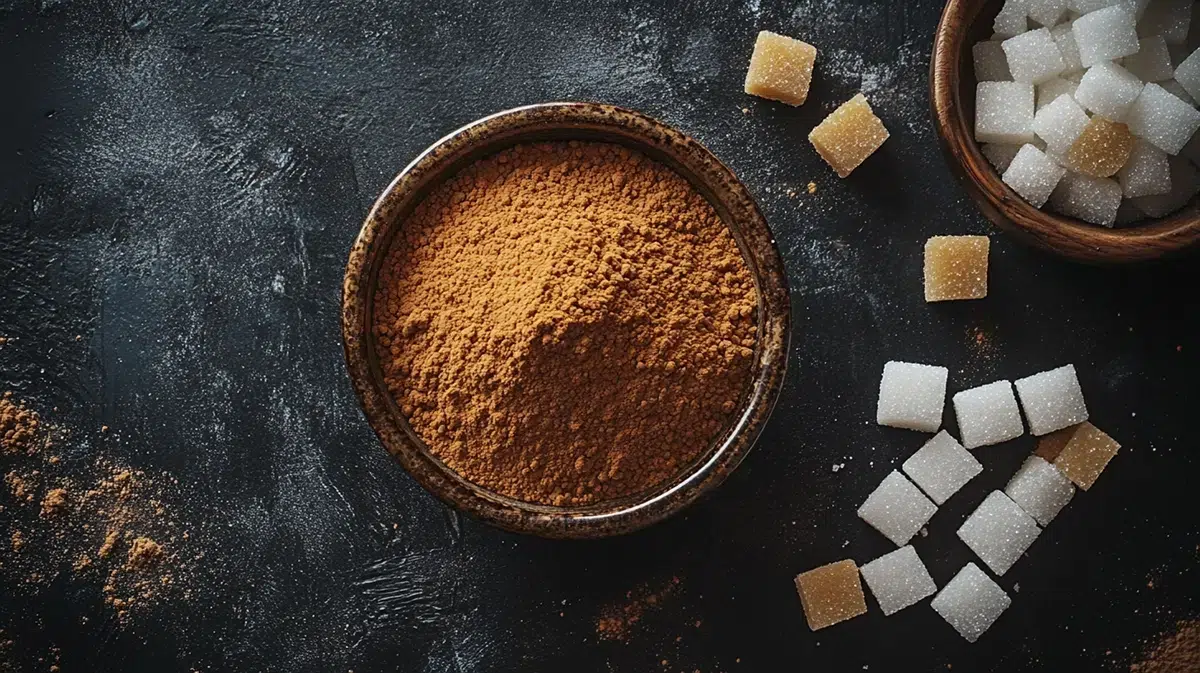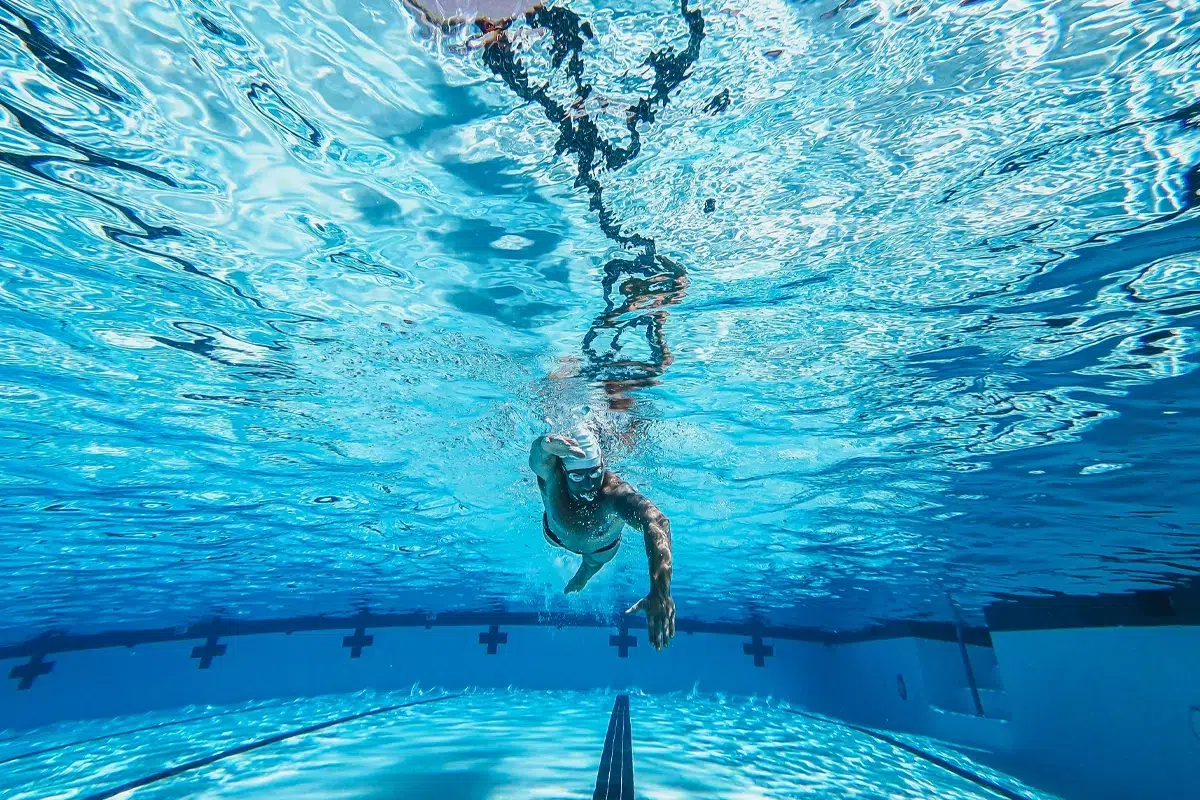Show summary Hide summary
How many calories do we burn with the breaststroke?
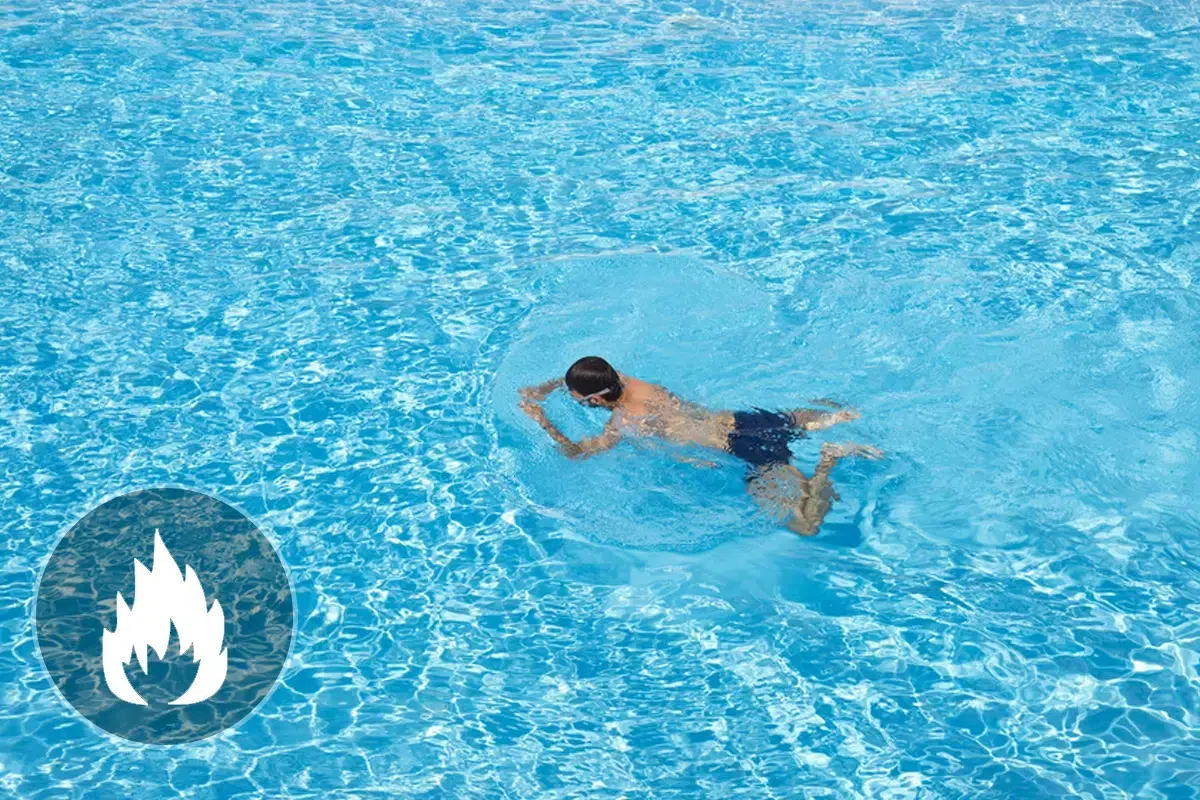
All you need to know about breaststroke
🏊♀️ Wondering how many calories you burn doing 30 or 60 minutes of breaststroke? Just input your profile and time – our tool shows your calorie burn.
Discover other REGIVIA calculators:
Breaststroke swimming: A few examples of energy expenditure depending on weight and activity time.
Use the table below to see how many calories you lose by practising breaststroke!
Breaststroke
Normal intensity
Kilocalorie expenditure according to your weight profile
| Weight | 15 minutes | 30 minutes | 1 hour |
|---|---|---|---|
| 40 kg | 105 | 210 | 420 |
| 50 kg | 131 | 263 | 525 |
| 60 kg | 158 | 315 | 630 |
| 70 kg | 184 | 368 | 735 |
| 80 kg | 210 | 420 | 840 |
| 90 kg | 236 | 473 | 945 |
See detailed calculations and metabolic equivalent for breaststroke
All you need to know about breaststroke
FIND OUT MORE ABOUT BREASTSTROKE
Breaststroke is an ancient stroke, having been practised at the first Olympic Games in Athens in 1896.
With a metabolic equivalent of 10 (10 times more expenditure than at rest), the breaststroke ranks 2nd behind the butterfly for its high energy consumption.
This stroke also has the advantage that beginners can practice it without any real difficulty, even though this technique, once mastered, remains fairly complex, requiring good coordination of the upper and lower limbs. As far as technique is concerned, (see video below).
Arm movements :
Don’t hesitate to discover the other swimming strokes :
Some benefits of breaststroke swimming:
- Muscle strengthening: Breaststroke involves many muscle groups, particularly the muscles of the arms, shoulders, pectorals, abdominal muscles and legs. This helps to strengthen and tone these muscles, providing a balanced musculature.
- Improved cardiorespiratory endurance: Although breaststroke is a less intense swimming style than butterfly, it is still an aerobic activity that stimulates the cardiorespiratory system. Regular practice of breaststroke can improve endurance, lung capacity and cardiovascular health.
- Improved coordination: Breaststroke requires precise coordination of arm, leg and breathing movements. This coordination improves proprioception and motor synchronisation, contributing to better overall coordination.
- Work on core muscles: Breaststroke engages the core muscles, including the abdominal and back muscles, to maintain a stable position and propel the body forward. This promotes better posture and strengthens the deep muscles of the core.
- Improving hip flexibility: Breaststroke requires the hips to be sufficiently flexible to perform the movements smoothly. Regular practice of breaststroke can help improve hip flexibility and reduce muscle stiffness in this area.
In conclusion, breaststroke is a swimming style that offers numerous fitness benefits. It strengthens the muscles of the upper and lower body, improves cardiorespiratory endurance, promotes coordination, works the core muscles and improves hip flexibility. Practising breaststroke regularly can help to improve your overall fitness and develop better coordination and greater muscle strength.
How to calculate the number of calories burned with breaststroke swimming
The result displayed is expressed in Kcal and is calculated using the MET (Metabolic Equivalent of Task). The MET for each activity is the result of statistical data and cannot therefore be interpreted as an exact calculation, but rather as an estimate that takes into account the MET value and the ratio between the time spent doing an activity and the weight of the individual.
For example: The MET value for breaststroke is 10. This means that a person practising breaststroke consumes 10 times more energy than they would at rest during their session swimming the breaststroke.
Discover the detailed formula to calculate your daily energy expenditure while swimming breaststroke
Consumption in Kcal per minute = (METs*3.5*Weight in kilos)/200
This gives for a 70kg person swimming breaststroke for 40 minutes:
Consumption in Kcal per minute = (10*3.5*70)/200 = 12.25 Kcal/mn
So for 30 minutes = 12.25*40 = 490 kcal for 30 minutes
All sports in detail!





